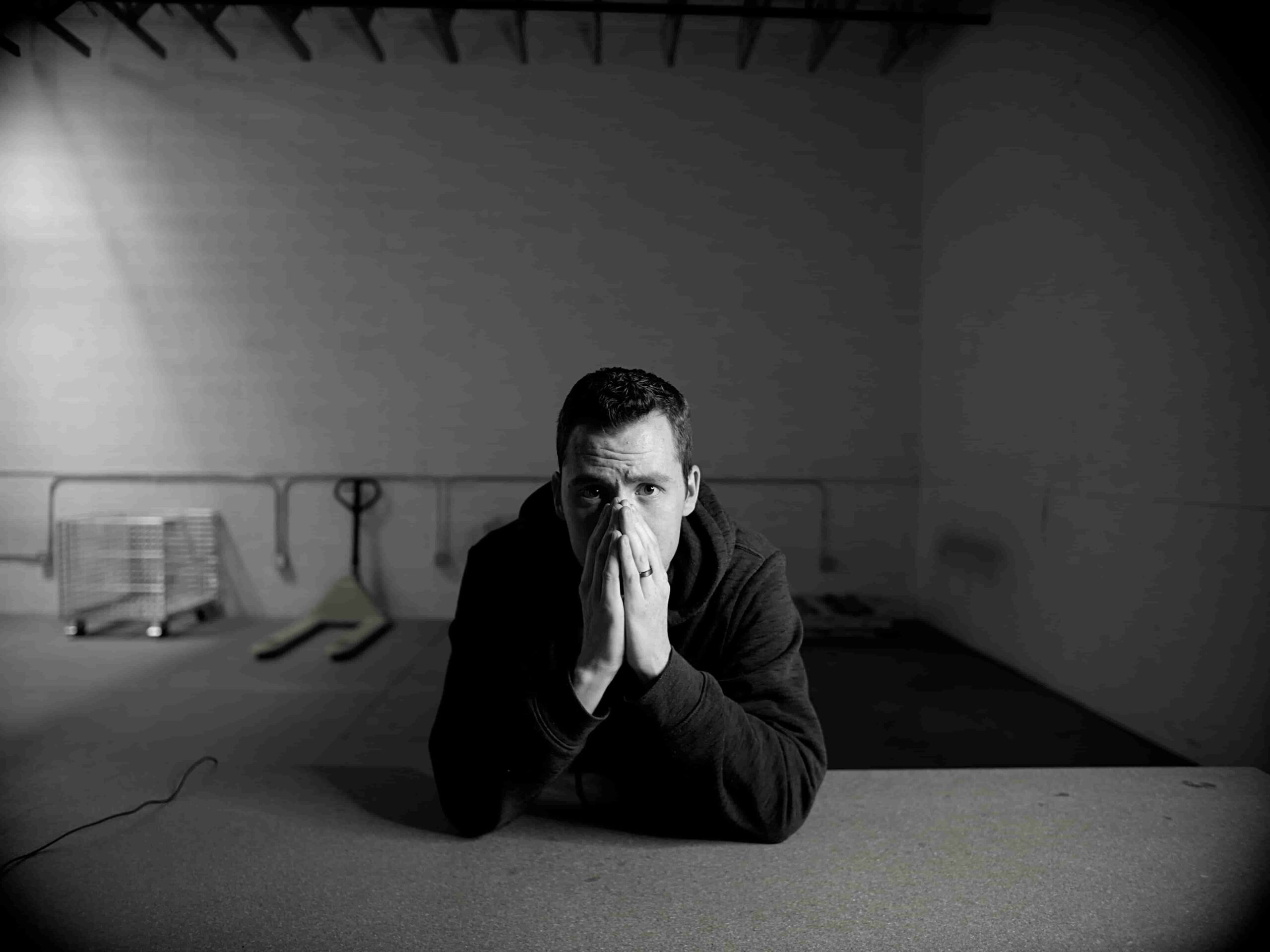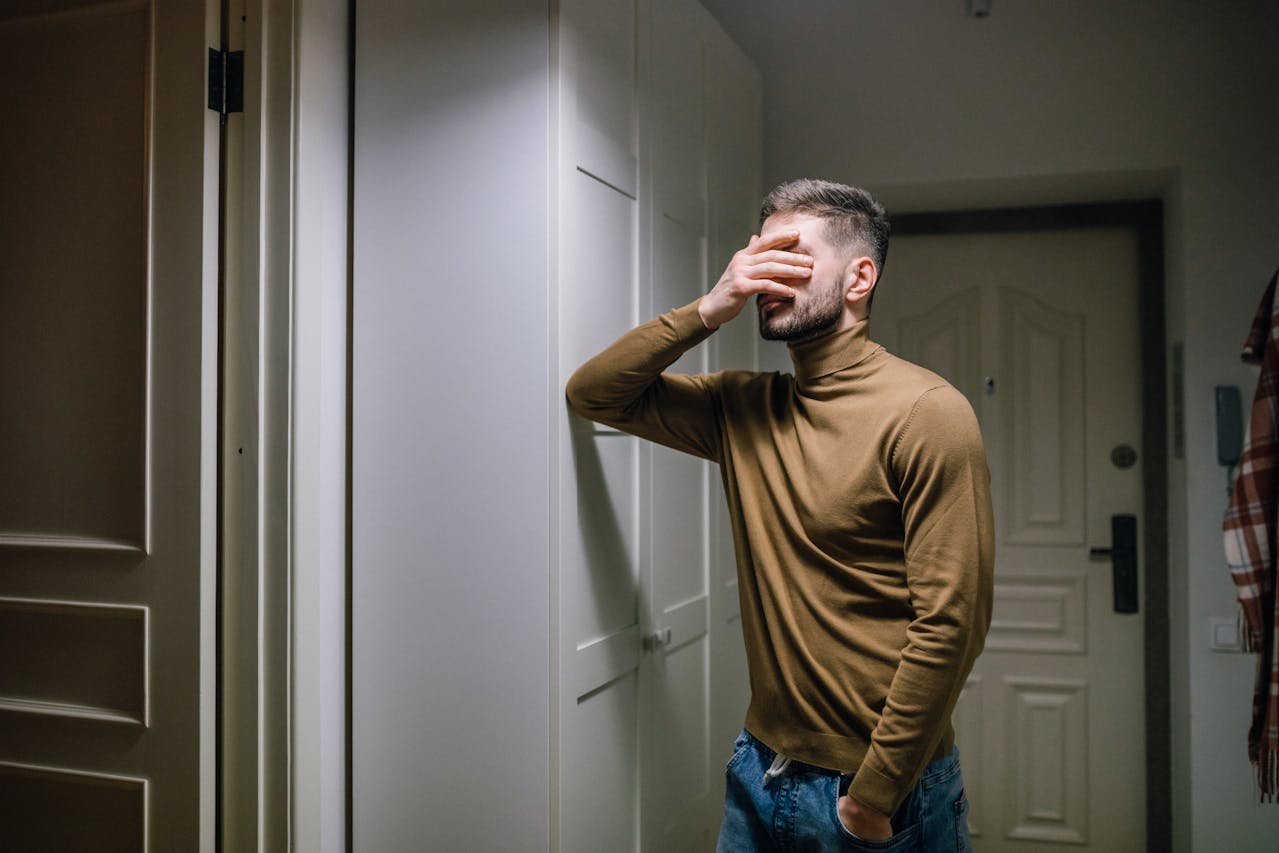Having a toolbox of anxiety relief coping skills to use when you need them is critical. Getting through each day calls for having more than one skill handy since you’ll likely face different situations that may occur unexpectedly. And not all of them can be handled using the same method.
Aside from “emergency” relief, though, these skills can also help you to thrive, even while living with anxiety. That’s an important consideration. After all, you don’t just want to respond to sudden onsets of anxious moments or trigger, you want to remedy your overall state of anxiety.
Consider how these following six coping skills can provide powerful and permanent anxiety relief.
1. Reframe the Situation
A powerful tool for relieving anxiety is “the reframe.” This means that when you are faced with an anxiety-inducing situation, you approach it from a different perspective and mindset. How does that work?
If you become anxious, you might…
- begin to have racing thoughts about how terrible the situation is.
- try to find any means of escape.
- worry that you could “die” (in severe circumstances) or suffer terribly because of the anxiety.
However, what if you could flip this scenario on its head and try something different? Rather than perceiving an anxiety-inducing experience as all “doom-and-gloom,” what if you could alter your mindset to something more positive?
 For example, if you touch a doorknob you think is dirty, you could reframe your thinking from “I am going to get sick” to “I know I will likely be okay.” Changing your perspective of the situation is a simple but powerful approach to coping with anxiety.
For example, if you touch a doorknob you think is dirty, you could reframe your thinking from “I am going to get sick” to “I know I will likely be okay.” Changing your perspective of the situation is a simple but powerful approach to coping with anxiety.
2. Practice How to Breathe
Breathing techniques are a staple when it comes to coping skills for anxiety. The reason is actually quite simple. Breathing techniques help you stay calm in general by activating the parasympathetic nervous system.
This allows you to have a greater sense of control over your body. In turn, you feel more in control handling the anxiety-inducing situation. That’s really important because powerlessness is a key problem when it comes to anxiety.
There are a variety of different breathing techniques that help calm the nervous system. You can easily research and test them to find those that give you personally the greatest relief for your anxiety.
3. Enjoy the Scent of Lavender
Along with how you breathe consider also what you are breathing to relieve anxiety. Lavender, for example, is a scent derived from the lavender plant and is used in essential oils.
In a study, researchers followed the brain activity of participants subjected to lavender aromatherapy with an EEG machine and found that their brain waves showed increased calmness. It is believed that this happens because lavender interacts with a specific neurotransmitter to quite a person’s brain and nervous system.
So when you are at home, why not light a scented candle in your room to release the scent. During the day when you’re on the go, keep a small bottle of lavender oil with you. Or place a few drops on your wrists when you are starting to feel anxious. You can use lavender scent to take a mini break anytime during your day.
4. Keep Your Mind Active
Another coping skill you can use to relieve anxiety is to do fun things that encourage your brain to be active. There are plenty of simple but pleasurable things you can do whenever you start feeling anxious.
For example:
- Playing a game
- Completing the daily crossword puzzle
- Reading for pleasure
- Drawing or sketching
Why not keep a book or puzzle ready just in case. It will help you to settle your mind and distract yourself from the source of your anxiety.
Moreover, these ideas also allow you the opportunity to stay in the space in which you might feel anxious. That way you don’t have to completely disrupt your life just to avoid anxiety.
5. Be Positive with Yourself
When anxiety strikes, it’s easy to get sucked into negative thinking. You can counter this by giving yourself a positive reminder that everything will be okay.
For example, you could simply tell yourself, “I’m safe.” Chances are good that it’s literally true. Or if you have a favorite quote or inspirational saying, you could repeat that instead. And when you combine using these mental reminders with a breathing exercise, you’ll get a double dose of anxiety relief.
6. Use a Mindfulness App
Thanks to modern technology anxiety relief is just a tap away on your phone. There are numerous apps available that provide resources for those struggling with anxiety. These might include a daily quote, how to practice mindfulness meditation, articles on mental health, and other tools.
Why not try a few and see what works for you. Every person experiences anxiety in a unique way, which means relief must also be personalized.
—
If you’re reading this post, anxiety is likely plaguing you on a daily basis. That means you’ll have plenty of opportunities (notice the reframe?) every day in which you can practice the above-mentioned coping skills.
However, while learning these sills by yourself is a good place to start, a therapist specializing in treating anxiety can be an even greater resource for suggesting and practicing new skills that can help you find relief. I invite you to reach out to me to learn how my approach to anxiety therapy can help you feel more relaxed and in control.





